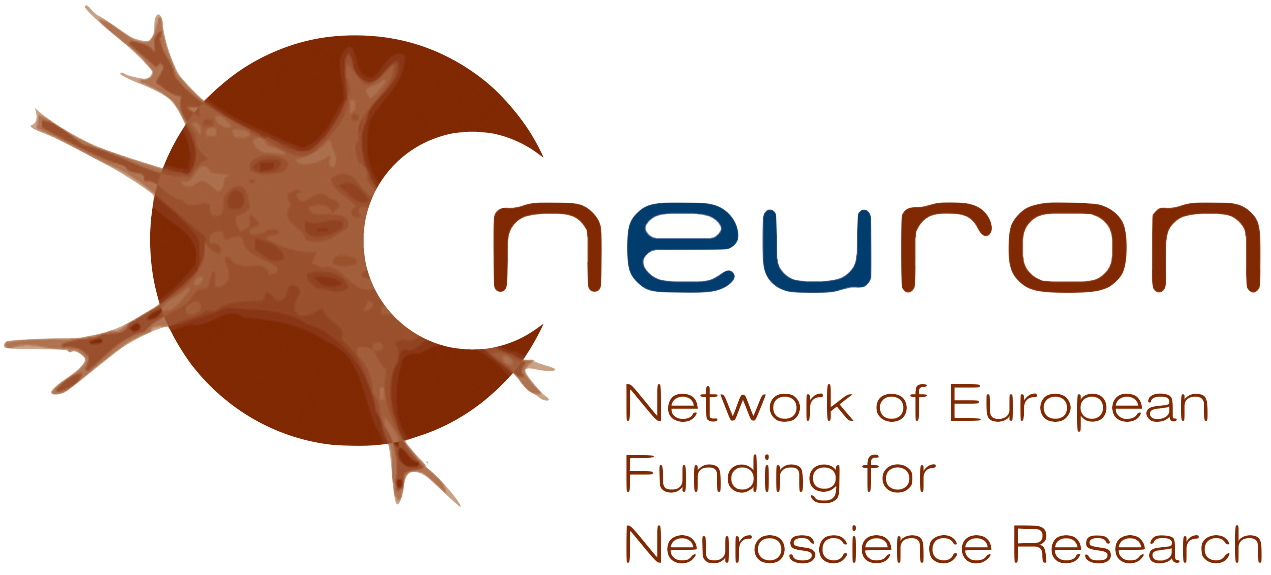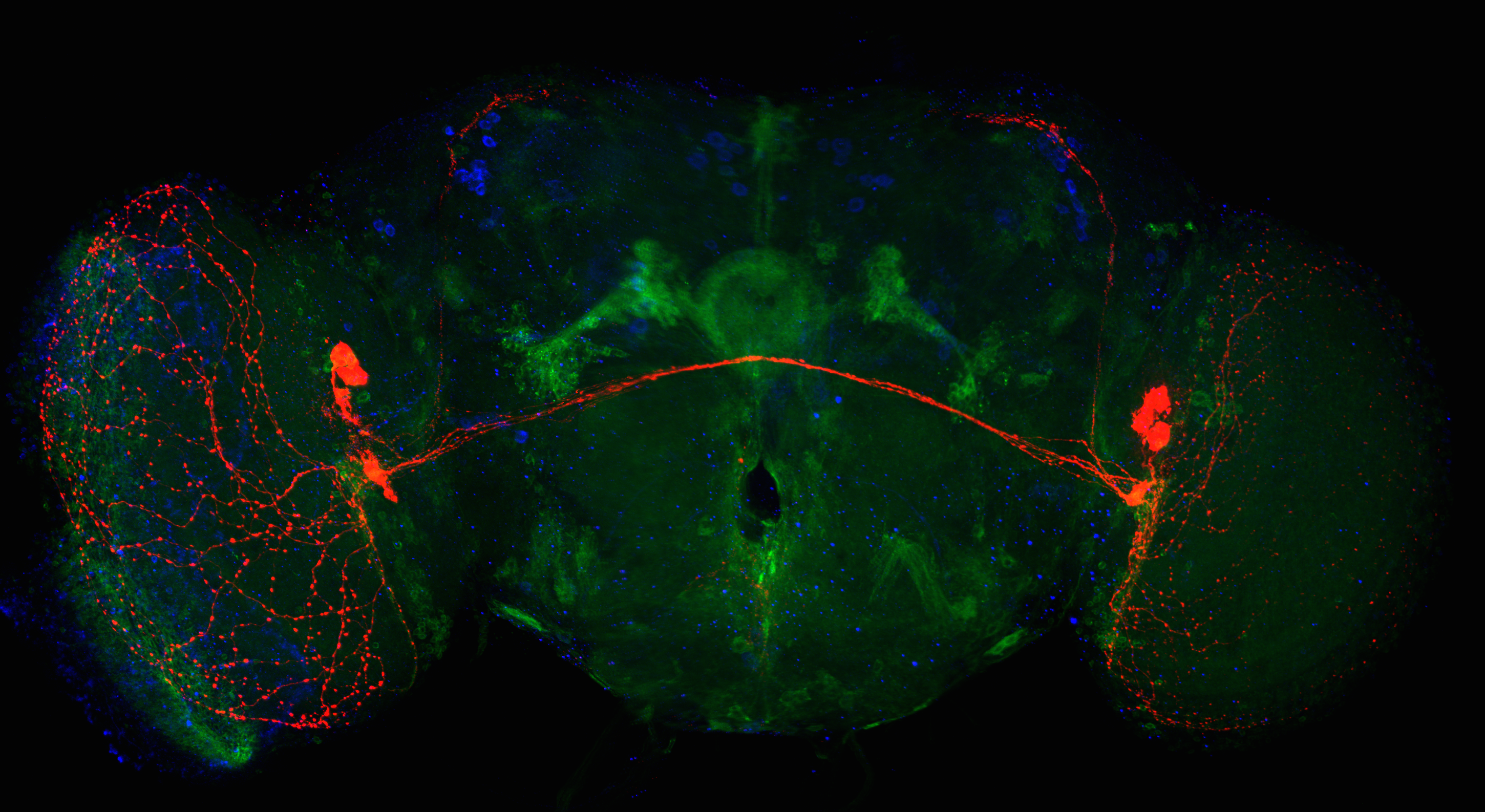Advanced Techniques for Synapse Biology #ATSB
October 13 to November 1 (2019)
Synaptic contacts are critical for information transfer in the brain. They are specialized sites, often far from the neuronal cell body, and operate in part as independent units. Synaptic contacts are very diverse and synaptic plasticity underlies memory formation and thought. Synaptic dysfunction is strongly associated with diseases of the brain and this is thought to be an early feature of neurodegenerative diseases such as Parkinson’s and Alzheimer’s disease. The study of the molecular mechanisms of synaptic function and plasticity are the key to understanding how the brain works and what goes wrong in disease. Many of these processes are evolutionarily very well conserved and researchers study synaptic processes in a variety of species and in human neuron models. The training of a new generation of neuroscientists with advanced techniques is crucial to make these studies a success in the coming decades. The advanced course will allow students to integrate the basic techniques in molecular and cellular neurobiology with advanced state-of-the art molecular, imaging and functional methodologies, through direct hands-on experiments using a variety of models.


